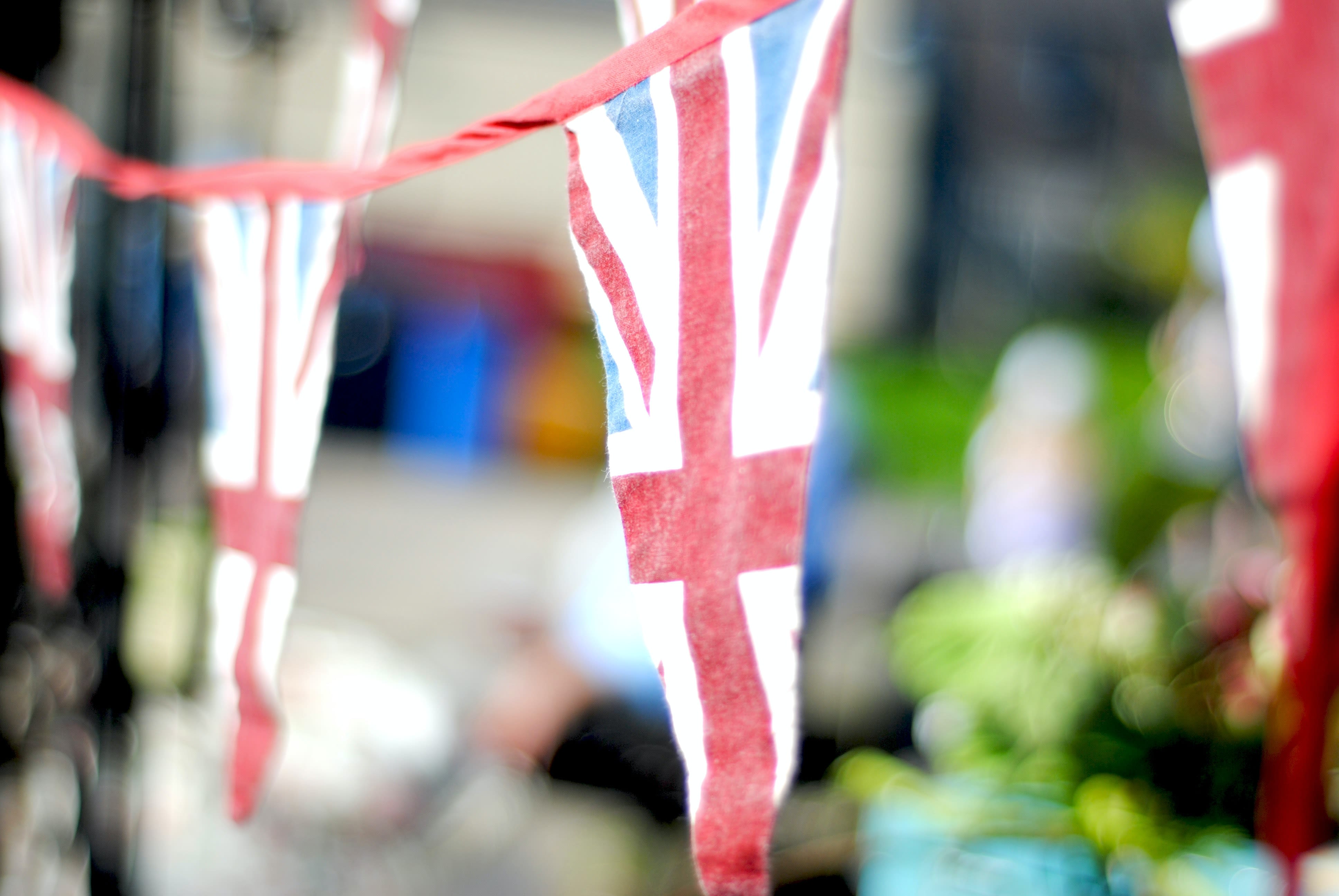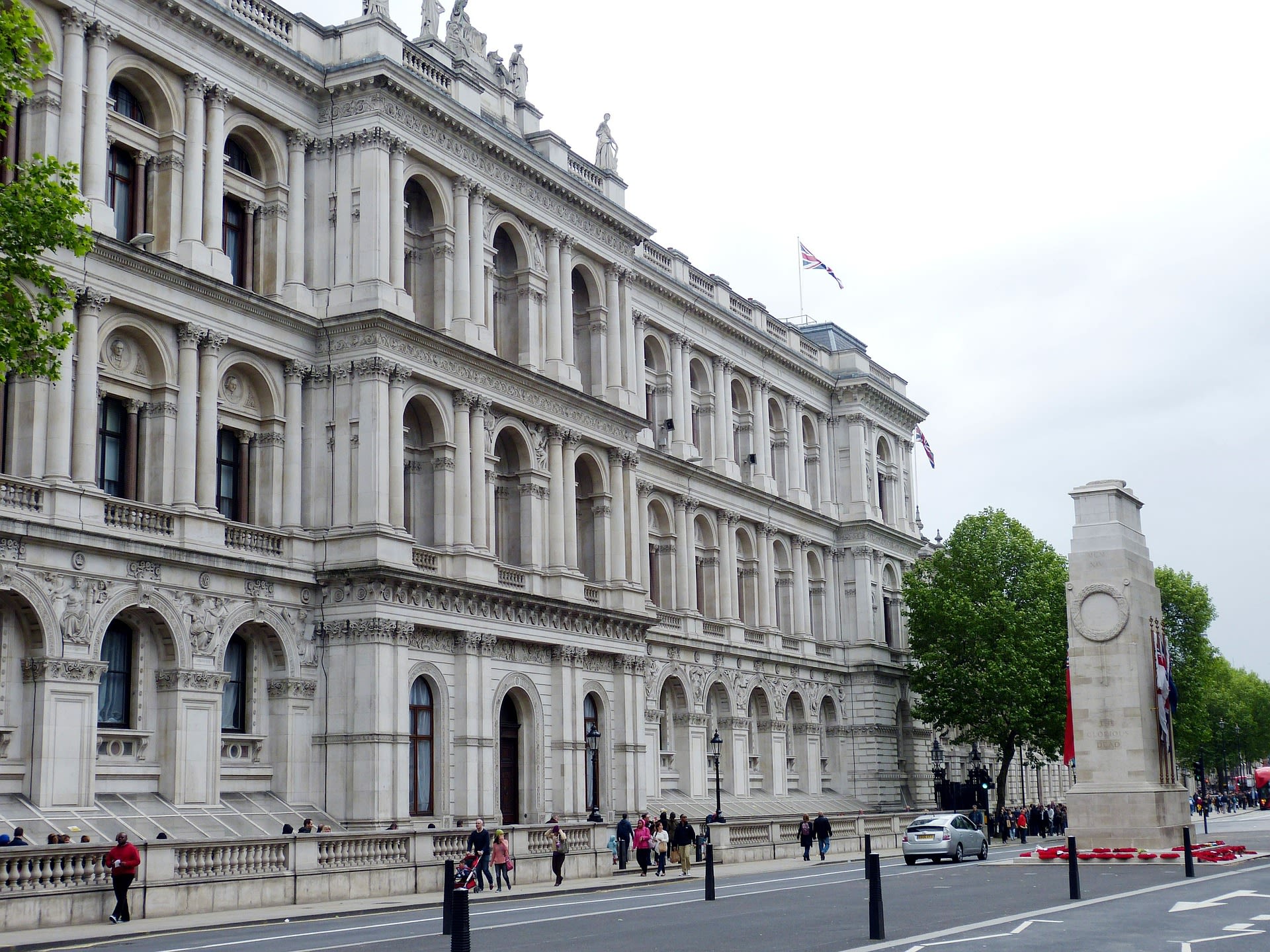Britain's heritage, culture and landscape drew in millions of yearly visitors before covid-19
The pandemic decimated the inbound tourism industry. How do we support the long haul back to success?

How do we make Britain the most competitive tourist destination?
As one of the most popular destinations in the world, with its heritage, culture and landscape drawing millions of visitors every year, Britain is a global brand.
But Britain cannot afford simply to be an attractive place to visit, it must also facilitate people coming here. Our status as a soft power superpower is also increasingly under threat from other countries. If we rely on reputation alone, visitors will go elsewhere.
Our inbound tourist sector is too reliant on London. Visitors don't know enough about what else there is to see and, even if they do, don't know how to get there. London may be the magnet, but it can also be a gateway through which visitors see far more.
Government policies have also not made the industry's job easier. Removing tax-free shopping, lack of money for marketing and the ban on children and young people using identity cards to visit the UK are just some of the policies that we found to be negatively affecting the inbound tourism industry.
Overall, we believe that the Government fails to recognise the value of the inbound tourism industry. If it did, it would not have reduced its marketing spend and made it harder for people to visit and less likely to spend. The industry has spoken loud and clear.
So how do we support inbound tourism to the UK?
Here are four key areas of focus that we have identified in our report.
Key recommendations

1. The Government should publish an assessment of the direct and indirect impact that withdrawing from the VAT Retail Export Scheme will have on the sector

Photo: Kyle Bushnell via Unsplash
Photo by Kyle Bushnell on Unsplash
We heard that retail tourism is one of the biggest motivators to come to Britain and is the biggest income generator from international visitors, but the Government has now withdrawn a scheme which encouraged them to spend here. Leaving the VAT Retail Export Scheme was a spectacular own goal.
We agree with the industry that a broader analysis of the scheme’s indirect benefits would demonstrate that its cost would be far outweighed by the revenue it would generate. For the Government to fix on a policy without ensuring it had the full facts first is extraordinary.
The Government should publish an assessment of the direct and indirect impact that withdrawing from the VAT Retail Export Scheme will have had on the inbound tourism sector
2.The Government should commit to implementing the de Bois recommendations in full.
The de Bois review of Destination Management Organizations in England found that the sector was fragmented and confusing, beset by geographical overlap.

Photo: Benjamin Elliott via Unsplash
Photo: Benjamin Elliott via Unsplash
The report's proposals to restructure the sector received widespread support from across the industry and it is unacceptable that the Government has responded in such a half-hearted fashion.
Now is the time for bold action, yet the Government has failed to commit to any long-term change. Its proposed pilot of a possible restructure of the sector must be completed as swiftly as possible and the de Bois recommendations implemented in full.
The Government should commit to implementing the de Bois recommendations in full
3. A single group ID card for young visitors

Photo: note thanun via Unsplash
Photo by note thanun on Unsplash
The decision to ban ID cards is having a crippling effect on those businesses which rely on inbound visits from children and young people.
The Government told us that ID cards are not a particularly reliable or secure form of identity but we feel that any potential risk to security needs to be balanced with common sense: those on organised educational trips are unlikely to attempt to remain illegally.
The Government should allow children and young people under the age of 18, travelling as part of a supervised educational and/or cultural group visit, to enter the UK on a single group ID card.
4. VisitBritain's marketing budget must be increased

Photo: Hello I'm Nik via Unsplash
Photo by Hello I'm Nik on Unsplash
The fragmented nature of tourism marketing budgets across the UK, with different sectors and different parts of the country supported by different funds, makes it difficult to know the exact amount of Government funding for inbound tourism marketing.
Whilst we acknowledge the current challenges on public spending, the Government cannot afford to be complacent. The cost of investment in marketing spend will be vastly exceeded by the returns it will generate.
The Government should increase VisitBritain's marketing budget to match more closely those of our nearest competitors. VisitBritain should ensure that much of this increase in funding should be ringfenced to promoting regional destinations.
What happens now?

We have made these recommendations to the Government
Our report, Promoting Britain Abroad, was published on 24th October 2022.
Detailed information from our inquiry can be found on our website.
If you’re interested in our work, you can find out more on the House of Commons Digital, Culture, Media and Sport Committee website. You can also follow our work on Twitter.
The Digital, Culture, Media and Sport Committee is appointed by the House of Commons to scrutinise the work of the Department for Digital, Culture, Media and Sport and its associated public bodies, including the BBC.

Cover image credit: Ben Elliott via Unsplash
